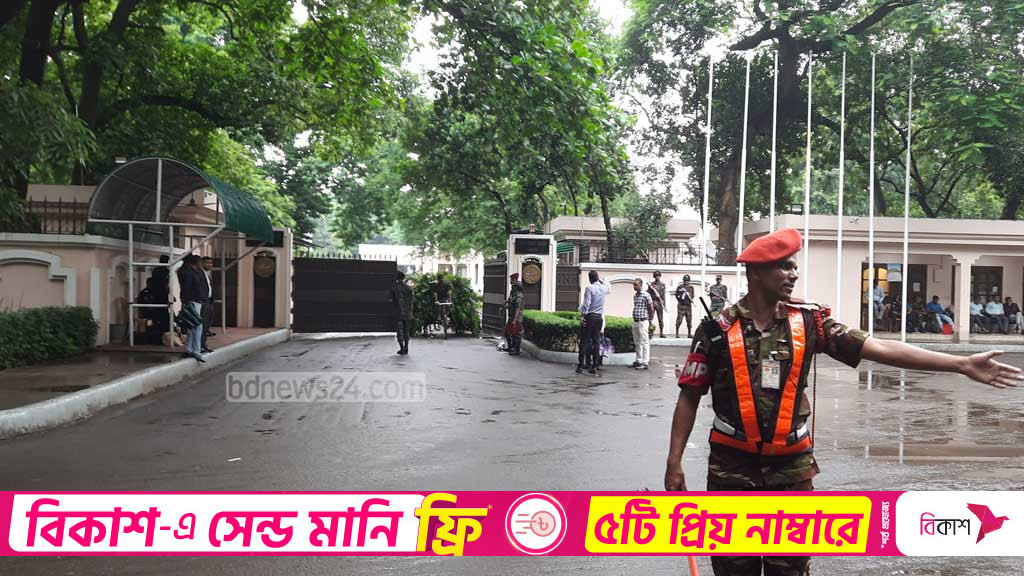Muhammad Yunus’ interim government is taking steps to publish a ‘white paper’ on the current economic situation in Bangladesh.
A committee led by economist Debapriya Bhattacharya has been formed to prepare the white paper, the Chief Advisor’s Office announced on Wednesday.
According to the proposal sent by the press wing of the chief advisor, the ‘Committee for the Preparation of the White Paper on the Existing Economic Condition of Bangladesh’ will submit a report containing recommendations to the interim administration head Yunus within the next 90 days.
The proposal reads, “The white paper will reflect the overall picture of the country’s current economy, the strategic measures taken by the government on economic matters, the implementation of the SDGs, and the actions needed for the transition from the LDC status.”
It has also been said in the proposal that the committee formed during the preparation of the white paper will consult and exchange views with various stakeholders.
These measures include,
- reviving the economy and addressing long-standing issues through structural reforms;
- enhancing the capabilities of regulatory bodies;
- eradicating corruption;
- restoring stability to the banking and financial sectors;
- reforming tax and duty policies; and
- attracting foreign investment
As it begins to address these challenges, the interim government will gain a comprehensive picture of Bangladesh’s economic condition.
The proposal notes: “For nearly a decade and a half, Bangladesh’s economy has been mired in multifaceted challenges. The previous government’s severe economic mismanagement, corruption, money laundering, and the adoption of shortsighted projects, which led to both domestic and foreign debt, have left the economic situation extremely fragile.”
Media reports citing sources in the finance department said the Hasina government left behind a debt of Tk 18.36 trillion. As of last December, this debt was equivalent to the total allocations of three national budgets.
Instead of boosting government revenue from domestic sources to cover the budget deficit, the previous administration heavily relied on both domestic and foreign loans.
It was also stated that, although the Seventh Five-Year Plan aimed to reduce tax collection to 14 percent of GDP, over the past six to seven years, this ratio has actually decreased from 11 percent to 8 percent. This is just one aspect of the economic mismanagement.
Overall, corruption, the unchecked opportunity for money laundering, and market syndicates have made daily life unbearable for the members of the public.
According to data from the Bangladesh Bureau of Statistics, or BBS, overall inflation in July was about 12 percent, with food inflation exceeding 14 percent.
The figures indicate that the economy experienced significant deterioration towards the end of the previous government’s tenure.
The Chief Advisor’s Office reports, “The interim government has had to take over the administration of the state under extremely precarious economic conditions, a direct result of the gross mismanagement by the previous government.”
As part of the committee’s framework, the proposal states that the members of the committee will serve on an honorary basis.
A suitable building in the Planning Commission complex may be considered for the committee’s office. The General Economics Division of the Planning Commission may provide secretarial assistance to the committee.
All government ministries, divisions, departments, or agencies will provide any necessary information and support as required by the proposed committee.

